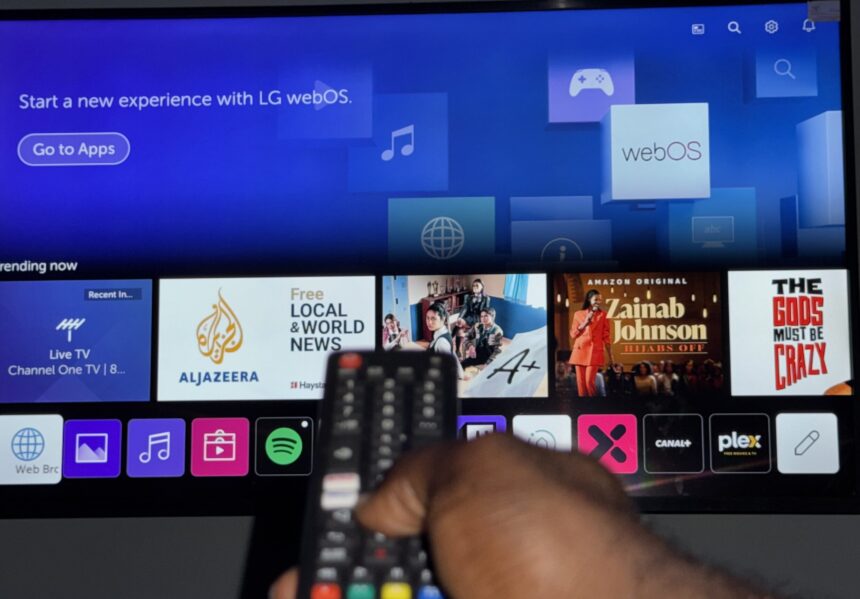Starting October 1, 2025, DStv subscribers in Ghana will benefit from sweeping value upgrades following government-led regulatory intervention. Under a new agreement between MultiChoice Ghana and the Ministry of Communications, Digital Technologies & Innovation, customers will be automatically elevated to higher subscription tiers—receiving between 33% to 50% more value without paying more.
The arrangement, heralded by Minister Samuel Nartey George, is being executed under a campaign dubbed “We Got You.” According to the minister, the upgrades are strictly Ghana-only, meaning MultiChoice is rolling out enhanced service packages in Ghana that do not apply across its other markets.
Under the new framework, subscribers will see automatic bouquet upgrades as follows:
– Those on the Padi bouquet (GHS 59) will now enjoy Access (GHS 99), adding roughly 35 new channels.
– Family bouquet users (GHS 190) get elevated to Compact (GHS 380), unlocking access to live sports and premium content.
– Compact subscribers move to Compact Plus, and those on Compact Plus will be upgraded to Premium.
– Premium bouquet holders will remain in their tier but become eligible for a chance to win trips to English Premier League matches.
MultiChoice Ghana, in a released statement, reassured customers that these enhancements come without any additional fees. The company portrayed the move as an investment in customer loyalty and satisfaction, rather than a concession in the pricing war.
The upgrades follow sustained regulatory pressure after a stakeholder committee reviewed DStv’s pricing structure and subscription trends. Subscribers and consumer advocates had long complained that Ghana’s DStv pricing was disproportionately high and out of alignment with the buying power of many households.
Rather than force a blanket price cut, regulators mediated a middle ground: granting consumers more value while preserving the business viability of MultiChoice. The committee’s findings and the government’s insistence apparently compelled MultiChoice to renegotiate.
This upgrade program is scheduled to run for three months, after which the committee will assess its impact and determine further action. Metrics such as customer retention, usage patterns, financial impact on MultiChoice, and consumer satisfaction will be key in determining whether the scheme becomes permanent.
The move also sets a precedent for regulatory leverage in media pricing in Africa, demonstrating how state intervention can pressure global pay-TV providers to adjust offerings in favor of consumers in local markets.






